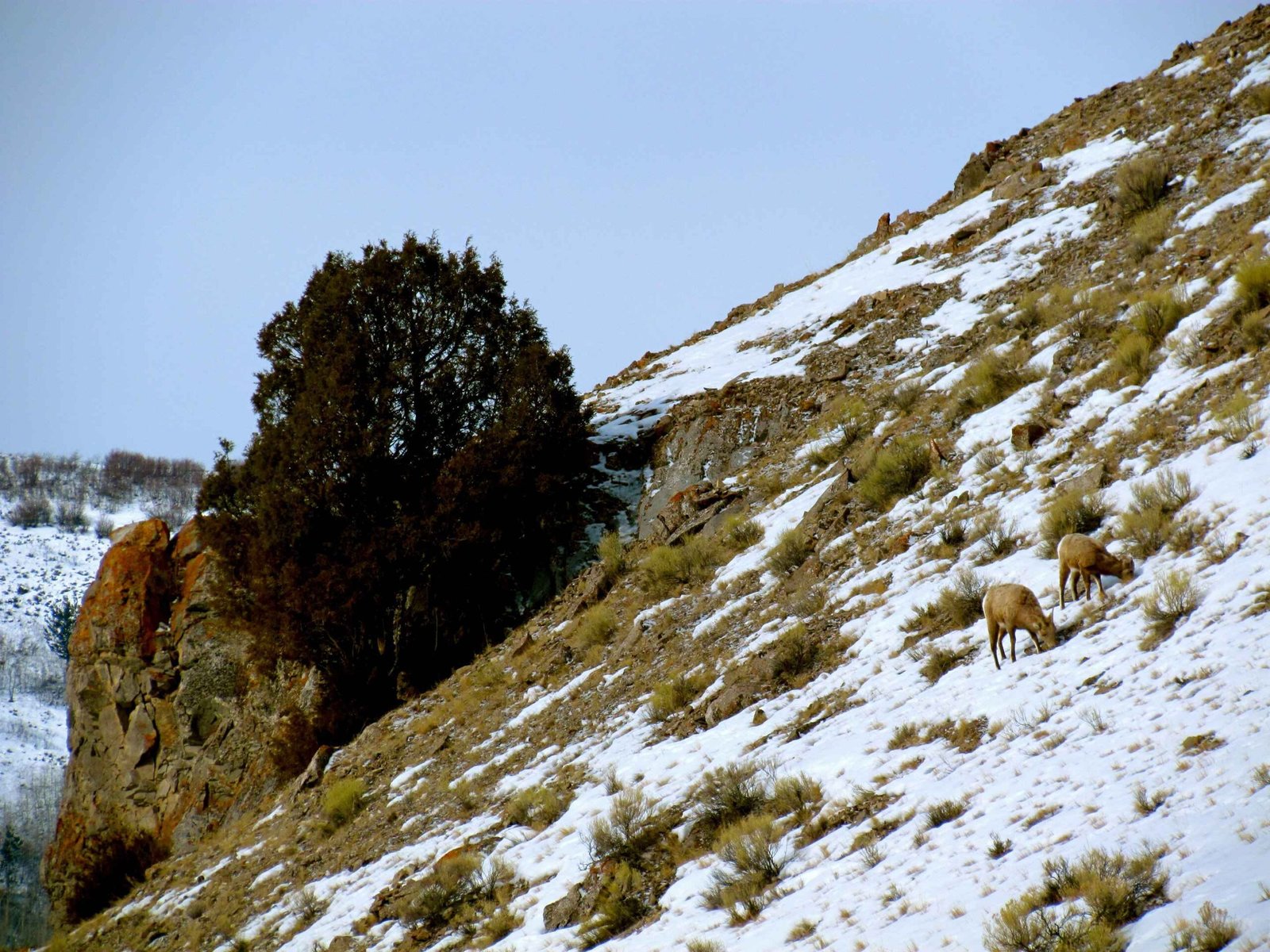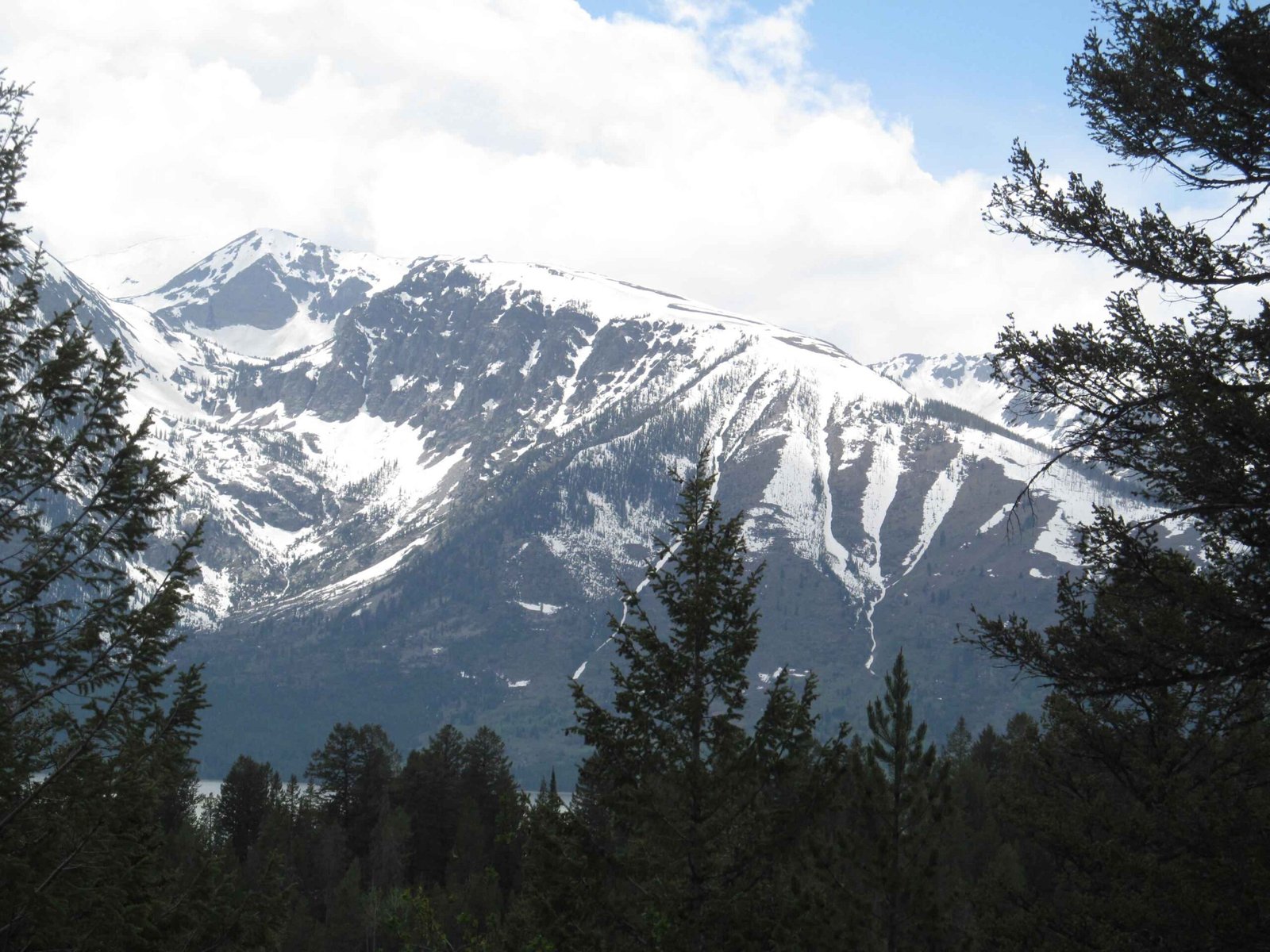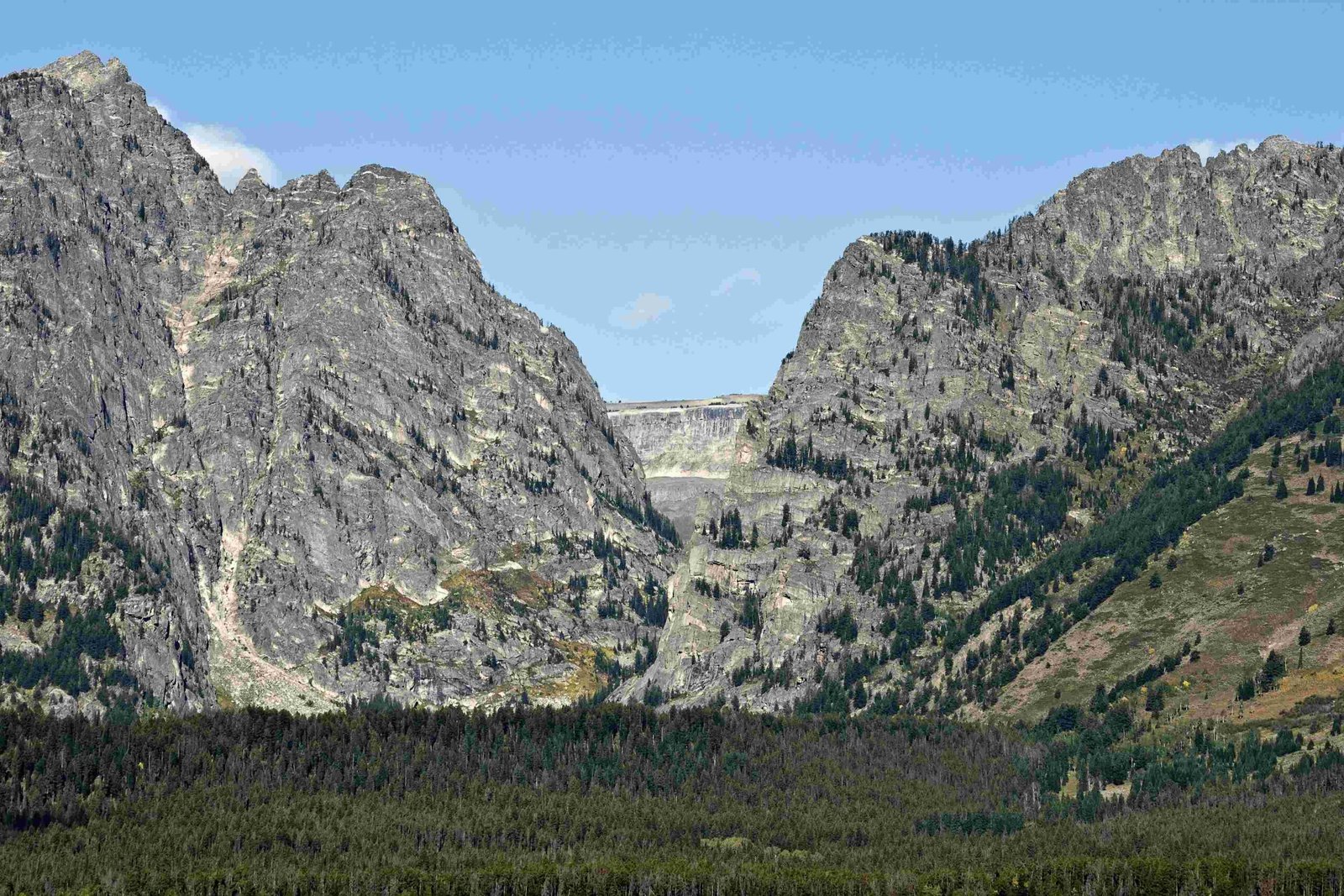The Grand Teton National Park rescue team represents an elite group of highly trained professionals dedicated to saving lives in one of America’s most challenging mountain environments. Comprising expert rangers with extensive technical skills, these professionals conduct complex search and rescue missions across rugged terrain, utilizing advanced equipment, helicopter techniques, and specialized medical training to respond to emergencies in the park’s demanding wilderness landscape.
What Makes the Grand Teton National Park Rescue Team Unique?

Who Comprises the Rescue Team?
The Grand Teton National Park rescue team consists of:
- 5 permanent climbing rangers
- 12 seasonal climbing rangers
- Specialized professionals trained in multiple disciplines
- Experts with over 280 hours of annual emergency training
What Training Do Rangers Undergo?
Rangers receive comprehensive training in:
| Discipline | Training Focus |
|---|---|
| Law Enforcement | Emergency response protocols |
| Medical Services | Advanced wilderness first aid |
| Technical Skills | Rope rescue techniques |
| Helicopter Operations | Short-haul rescue methods |
What Equipment Supports Rescue Operations?
Critical equipment includes:
- Advanced medical kits
- Technical rope rescue gear
- High-altitude communication devices
- Specialized helicopter short-haul systems
- Weather monitoring technology
How Quickly Can Rescue Teams Respond?
Rescue response times vary based on incident complexity:
- Simple Incidents: 1-3 hours
- Complex Mountain Rescues: 4-12 hours
- Extreme Terrain Rescues: Up to 48 hours
What Challenges Do Rescue Teams Face?
Grand Teton’s rescue teams confront multiple challenging factors:
- Extreme elevation changes
- Unpredictable mountain weather
- Remote and technically difficult terrain
- Rapid environmental shifts
- Limited accessibility in wilderness areas
How Do Rangers Collaborate with Other Agencies?
Interagency collaboration involves:
- Teton County Search and Rescue
- Bridger-Teton Avalanche Center
- Local emergency medical services
- Helicopter support teams
- Regional wilderness management organizations
What Are Common Rescue Scenarios?
Typical rescue scenarios include:
- Climbing accidents
- Hiker medical emergencies
- Avalanche recovery operations
- Lightning strike interventions
- Severe weather-related incidents
What Safety Protocols Exist?
Safety protocols encompass:
- Comprehensive risk assessment
- Advanced communication systems
- Continuous training updates
- Emergency scenario simulations
- Strict equipment maintenance standards
Conclusion

The Grand Teton National Park rescue team represents an extraordinary blend of professional expertise, advanced technology, and unwavering commitment to wilderness safety. Their multifaceted approach ensures rapid, effective emergency response in one of America’s most challenging mountain environments.

